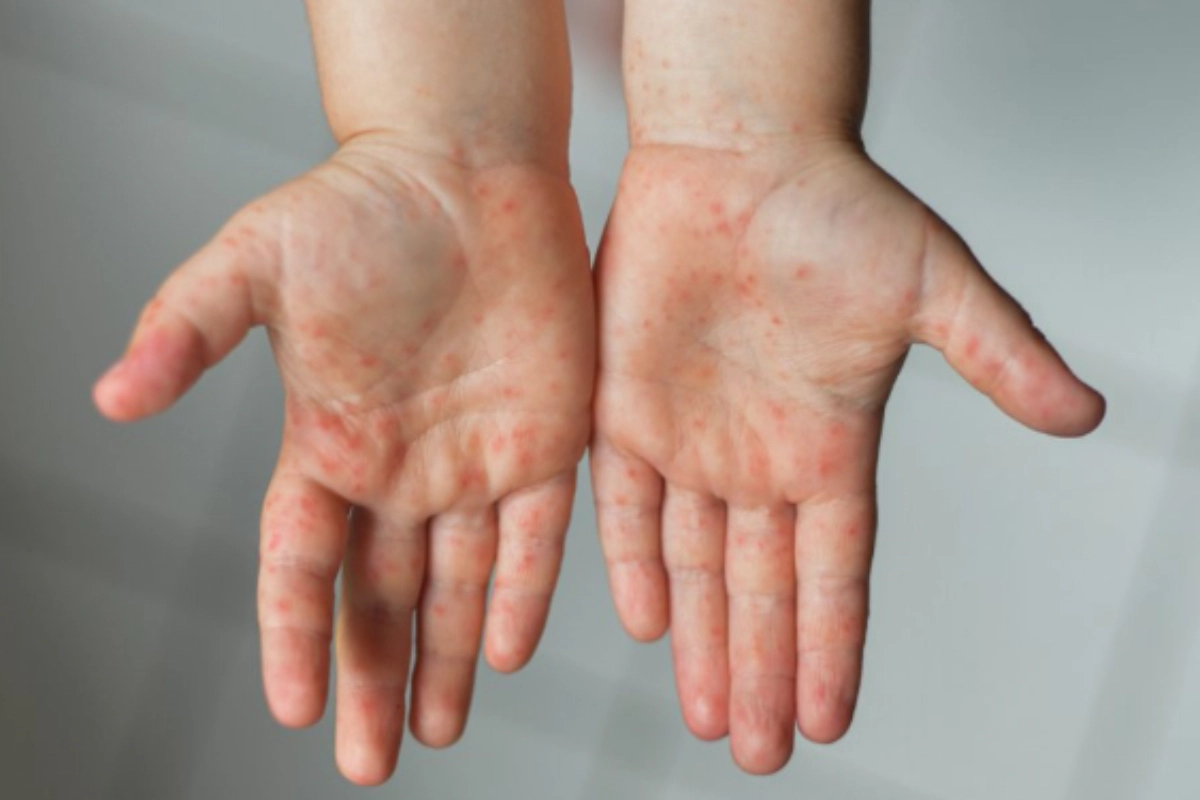Monkey Pox: It is a young man who recently came from the country with the Mpox outbreak and was taken to the isolation facility of a designated hospital. The symptomatic but stable patient had samples collected to confirm the etiology. The authorities treat the situation as urgent, immediately kicking off contact tracing activities to identify possible sources and determine the extent of infection within the country.
NCDC Risk Assessment Aligns with Suspected Case
This case was in line with earlier predictions, because the NCDC had earlier carried out a risk assessment. The officials, however, insisted there was no cause for alarm-the country was well prepared to handle isolated travel-related Mpox cases. Stringent measures put in place to manage and mitigate the impending risks further cemented confidence that the health system would be in a position to respond to such incidents.
Mpox is a virus that, while its natural transmission to humans takes place through infected animals, also spreads among humans through close contact with the skin or mucous membranes of an infected person, and through droplets that might be spread during coughing or sneezing. Sometimes deadly, it causes symptoms that include fever, muscular aches, and large boil-like skin lesions. WHO declared an international emergency on 14 August as cases of a new strain-Clade 1b-surged in DRC and since then have spread to neighboring countries.
Vaccination Campaign Against Mpox to Begin in Congo
A Covid-like vaccination campaign against Mpox will start in the Congo on October 2. In all, though the 2022 epidemic-occasioned by Clade 2-continues to circulate in a number of countries including in the West, the outbreak currently hitting the DRC is driven by Clade 1, further complicated by the emergence of a new variant, 1b. While this variant’s danger and contagion level are quite hard to check, the WHO reports that the cases have been jumping rapidly, with few reported deaths.
Mpox was first detected in 1958 among monkeys kept for research reasons in Denmark. The disease first appeared among humans in 1970 in Zaire, now called the Democratic Republic of Congo.
